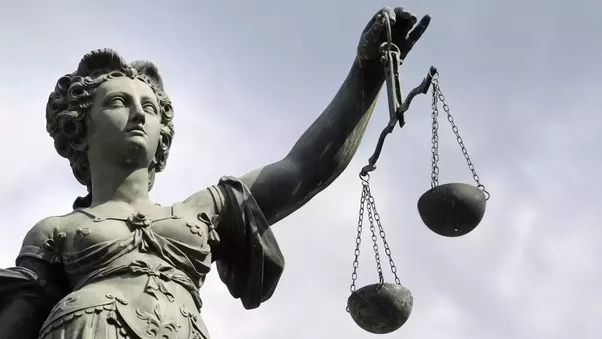When an accident occurs aboard a merchant cargo vessel in U.S. waters the first responders after emergency medical personnel are usually the U.S. Coast Guard (USCG). The USCG conducts an investigation, interviews crew members and witnesses. Formal statements are recorded, although when aboard the vessel the investigators downplay their importance to mariners. Urine samples are collected. Any other available information is gathered.
Then the USCG investigators return to their desks back at the office, look at the evidence, and decide whether or not to prosecute the case. Nobody knows how the USCG decides to prosecute cases except the USCG. Oil in the water? You can count on a trial. Someone dead? Good chance of a trial there too. Big dollar cargo loss? Someone will certainly be calling for blood. What happens next in the process is more than a little unsettling. The case is brought before a USCG Administrative Law Judge (ALJ), who hears the case and singlehandedly decides the outcome and punishment.
In the age of increased criminalization of seafarers, it is incomprehensible that one organization would have the power to investigate a seafarer, decide whether or not to prosecute him, and then be permitted to administer the punishment. This incestuous process has led to abuses of power, as the ALJ scandal of a few years ago illustrates. Apparently the USCG has cleaned up its act and ALJ’s are now honest and impartial and every seafarer gets a fair shake in every instance.
But there is still something wrong here. How could a judge who is a member of the same organization that conducts the investigation give a truly impartial decision regarding those findings? Even if every ALJ were a saint it does not take a genius to realize that they will inherently be reluctant to acknowledge when, for example, a mistake is made in the investigation. Say a USCG investigator screws up and taints the evidence. Do you really think an ALJ is going to make an example out of the investigator and throw the evidence out? It is unlikely. The investigator will get the benefit of the doubt. In hearings that in many cases decide the fate of a mariner’s career and ability to earn a living, the scales are tipped disproportionately in favor of the USCG and against the seafarer.
Back in the day when a mariner suffered, at most, a fine for an accident, this process worked and was efficient. But today when almost every case is prosecuted to a conclusion where criminal punishments are increasingly being levied, this system is fraught with danger, not the least of which is a lack of due process. It is simply un-American. When you ask people why this system is in place the response is because it has always been this way. As the USCG continues looking to gain efficiencies, and as criminal prosecutions of seafarers grows, it is time to turn these matters over to true admiralty courts and give seafarers the opportunity for fair trials.

